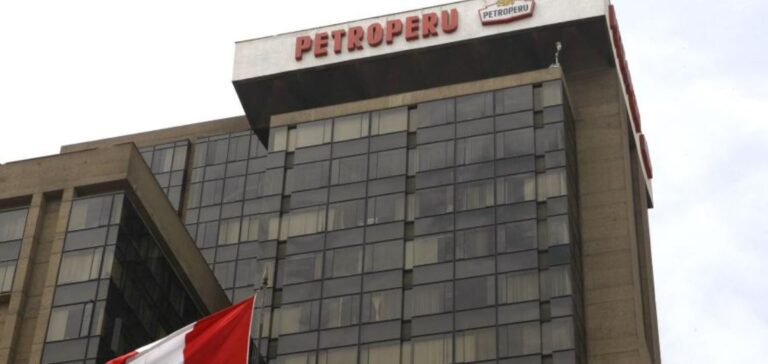In Peru, indigenous people block a river in the Amazon region of the country to protest against a crude oil spill. The spill affects several indigenous communities in the Loreto region, in the northeast of the country. The Peruvian Ministry of the Environment estimates the spill at 2,500 barrels, but Petroperu does not have an estimate.
A major issue
In Peru, Petroperu says the spill was the result of intentional damage to an oil pipeline operated by the company. This pipeline transports crude oil from the Amazon to the desert coast of Peru. In addition, the facility has been the site of several oil spills in recent years.
The Peruvian government says that indigenous communities are blocking the Maranon River, a tributary of the Amazon. This blockage prevents officials from taking water samples. In addition, it would prevent the distribution of medicines to affected indigenous communities.
The Amazon is the largest rainforest in the world and its preservation is essential for scientists. Thus, the preservation of the rainforest is essential to avoid catastrophic climate change. In addition, Peru has the second largest section of the Amazon after Brazil.
Pollution risks
Peru is a small oil producer. The country produces only about 40,000 barrels per day. In addition, its oil fields are concentrated in the Amazon.
The incident is the second major oil spill in Peru this year. In January, the Spanish oil company Repsol spilled over 10,000 barrels into the Pacific Ocean. The spill was made from a tanker in full loading in a refinery of Lima.
This spill is also the eleventh since the beginning of the year in the Amazon, according to Petroperu. However, it is the first to flow directly into a river in Peru. Finally, the administration of the Peruvian President is increasing production in the country’s largest oil field, located in the Amazon.





















